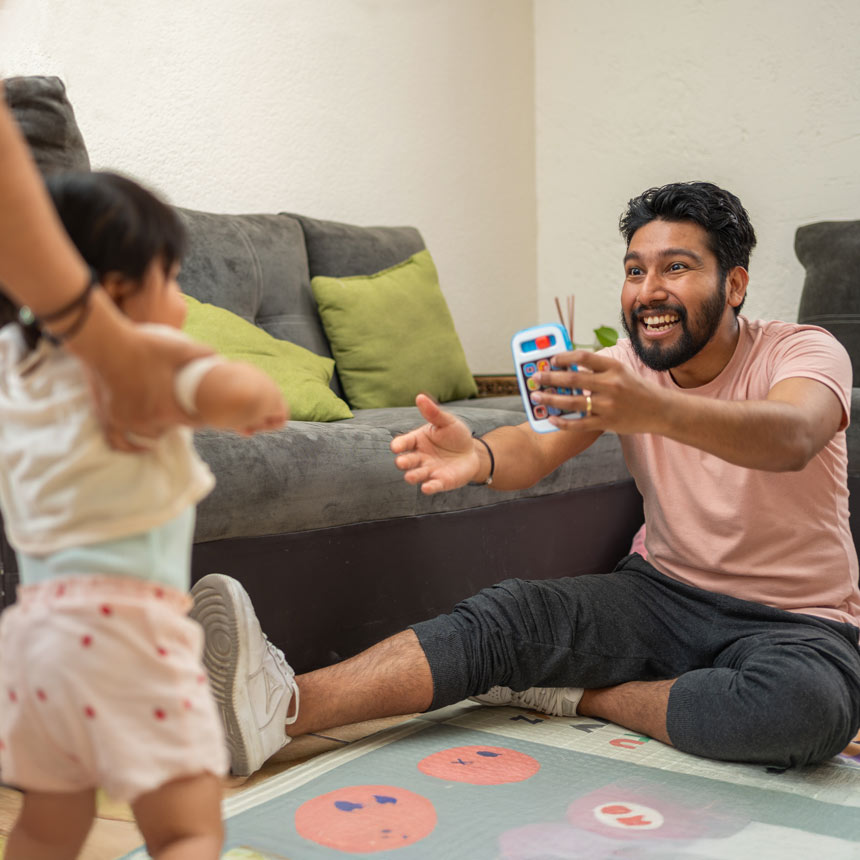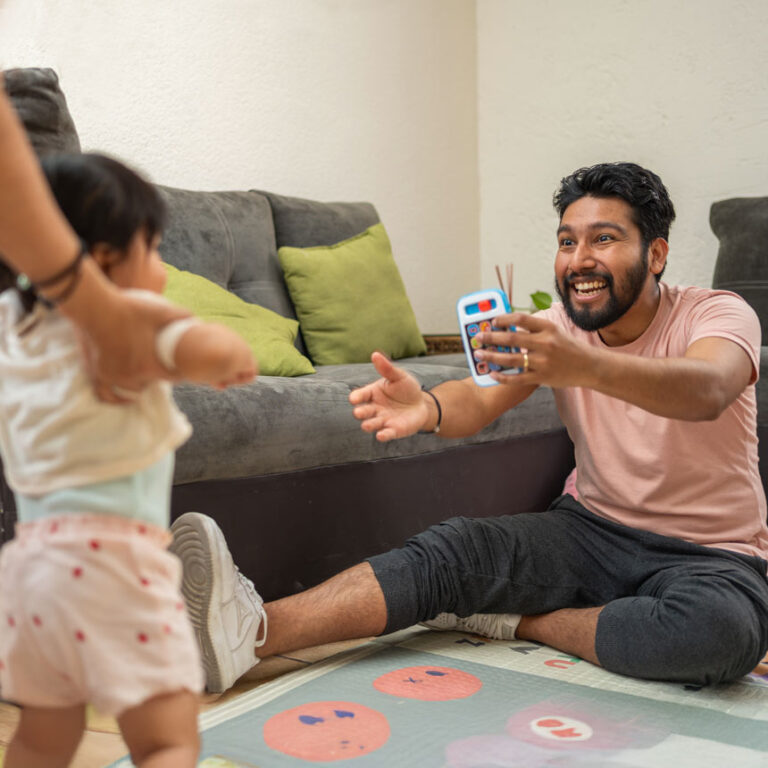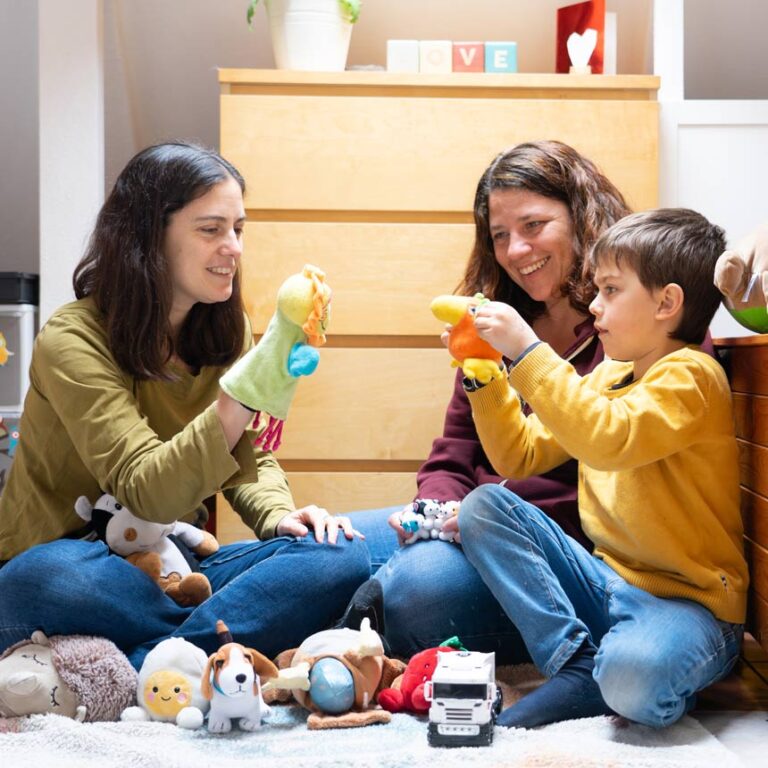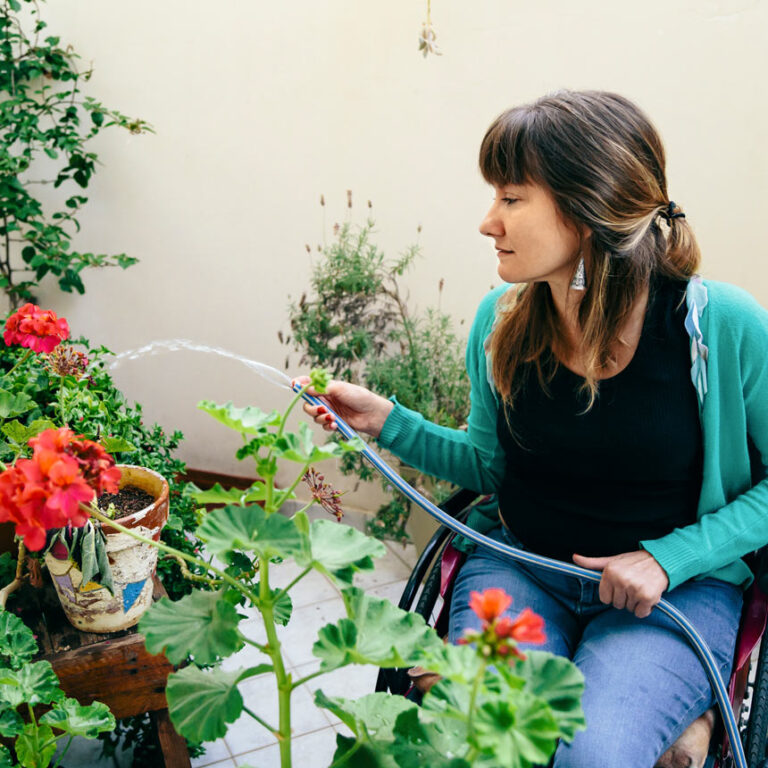Client story: Overcoming fentanyl addiction to flip the narrative

Xavi* began receiving mental health services at LifeWorks NW when he was a teenager. Diagnosed with mood disorder psychosis, he found medications that worked for him and remained stable until he was in his 20’s.
In an on-again, off-again window of medication management, he ended up on probation and struggling with houselessness. Once the county set him up with stable housing, he found himself back on his medications, feeling good, and starting over.
“That’s when I started talking to my girlfriend again,” says Xavi. “In her car, she was smoking blues -- fentanyl pills. That’s how I got into it.” Xavi had no previous knowledge of the drug when he first started using, as it was still relatively new to the area at the time.
“In a matter of days, I remember depending on it,” he says. “I felt horrible, then I would smoke it, and then feel good. I had no idea of drug addiction. I just knew that when I was on it, my body felt fine.”
“For almost a year, we stayed in her car,” he says. “I was spending all my money on these pills. Thousands of dollars, everything went to that.”
Fentanyl addiction takes its toll
One day, life changed quickly. Xavi’s partner, Amelia, wasn’t feeling well, and he assumed she was experiencing withdrawal. When she couldn’t handle the pain, he called an ambulance.
“She went to the hospital. They called me back and said, ‘Your girlfriend wasn’t in withdrawal, she was in labor.’” Xavi was shocked. Neither of them had had any idea Amelia was pregnant. He became a father with no warning, in the midst of his addiction.
The hospital social worker said they knew Amelia was addicted to fentanyl, but Xavi denied using the drug. That went on for a few days, until he started going into withdrawal. When he went outside to get high, the hospital chaplain saw him. Xavi explained what was happening, that he was processing the birth of his daughter, and the chaplain said he would pray for him. The social worker caught wind of the chaplain’s encounter and told Xavi he needed to tell the truth – not just to the hospital team, but to his probation officer, as well.
Things moved fast from there. The new parents signed away their rights, and their daughter went into foster care. That same day, they got a room at a drug treatment recovery home. They spent 10 months in recovery, got their daughter back, and Xavi received a housing voucher, allowing them to move into their own apartment.
“I remember feeling happy because I always wanted to get clean,” Xavi says. “I never chose fentanyl over my family. That’s never been my mindset.”
‘Seeing my life force going away from me’
Amelia and Xavi were doing well in their recovery and in their new home. When Amelia’s brother began coming around to visit, Xavi picked up the familiar smell of fentanyl. After a few weeks of visits, Xavi told Amelia that he was getting cravings by having her brother around, and she admitted feeling the same.
"That’s when I went to where they were on the patio, and he gives her a little pill," says Xavi. "She smokes it, hands it to me. I take a hit, and I just remember everything decompressing."
The next day, they got more pills. Xavi became violently ill. Amelia kept giving him more to smoke in an attempt to overcome the sickness.
"I tried taking a hit from the pill. I couldn’t do it. I remember seeing my life force going away from me," he says. "I told her, 'Something’s not right, I am losing my mobility.'," He said she needed to get the Narcan, which she administered, then went to the neighbors’ for help and called 911.
The experience again prompted them to sign over their parental rights, and their daughter returned to foster care.
Deciding to enter treatment
"Once we lost custody of her, we were lost on what to do," Xavi says, "It was hard to start from scratch. It went on like that for months; we couldn’t stop using."
While Xavi planned to return to rehab, he encouraged Amelia to go first. He feared that if she kept using, she would overdose. And while Amelia tried going to rehab a few times, she would only stay for a day or two before running away. Eventually, Xavi had to make the decision to get clean on his own.
After going through detox and starting on his recovery journey, Xavi called his DHS worker who warned him not to return to his apartment. He instead called his brother and went to stay on his couch.
The plan was for him to graduate from rehab and then transition to housing, a move that would allow him to get his daughter back. Unfortunately, just weeks away from graduation, Xavi got kicked out for using a nicotine vape at what was a zero-tolerance, no-nicotine facility.
Finding his way to LifeWorks NW’s Substance Use Disorder program
Xavi's case manager told him he needed to find an outpatient program. He remembered LifeWorks NW had a Hillsboro location, and that they had child care. That’s how he got reconnected.
"I attended LifeWorks NW for six months," says Xavi. "I got a different DHS caseworker and explained my situation. They saw my determination, that I stayed away from my apartment and from my daughter’s mom. She saw the hard work I was putting into it."
Xavi got his daughter back in August and moved into his own apartment in November. Meanwhile, he struggles with knowing Amelia is still battling her addiction.
"I know she is homeless and kind of going through it," he says, "The DHS case is closing. It’s unfortunate, because DHS can do so much for you when the case is open. She didn’t take advantage of that."
Closing the DHS case represents a big change for Xavi. He doesn’t have any requirements to maintain his sobriety beyond his own, but he plans to stay the course. Xavi recognized that he also needs to continue services for his mental health.
"I have already told LifeWorks NW I am going to finish the program," he says. "But I am there for my counseling. There are moments of guilt for my daughter’s mom. That’s my thing to work on." Other aspects of his experience at LifeWorks NW include a men’s recovery group, parenting classes, anger management groups and life skills classes.
"I am grateful for the way that program is run. I enjoy coming to my classes," he says. "I enjoy everything about it.”
Flipping the narrative
When Xavi reflects on his recovery, he highlights an important turning point.
“I remember there was a dad who had lost his kids. I told him the only way to get them back was if he left everything behind. I was guiding him,” says Xavi. “I told him ‘You need to build your sobriety.’” That father followed Xavi’s advice and later came back to thank him.
“He told me, ‘You are actually doing it, you inspire me, you live with [your daughter], you have her full-time.’,” says Xavi. “I feel like I am flipping the narrative on the stigma. Some say dads don’t get clean. But dads can get it together.” Xavi’s daughter is now three years old and thriving, and he also has a new partner who works in recovery.
Xavi sees how much parents can benefit from other sober parents and plans on becoming a Certified Recovery Mentor to continue to support others. Meetings and sobriety are requirements of the role.
“I still have to work on the program,” says Xavi. “The fundamentals of the next years of my life: Work the program, go to meetings, help people out who I can help, and have a career.”
*Not his real name
If you or a loved one are struggling with addiction, LifeWorks NW can help. Call us at 503-645-9010 or email intakereferrals@lifeworksnw.org for more information.










